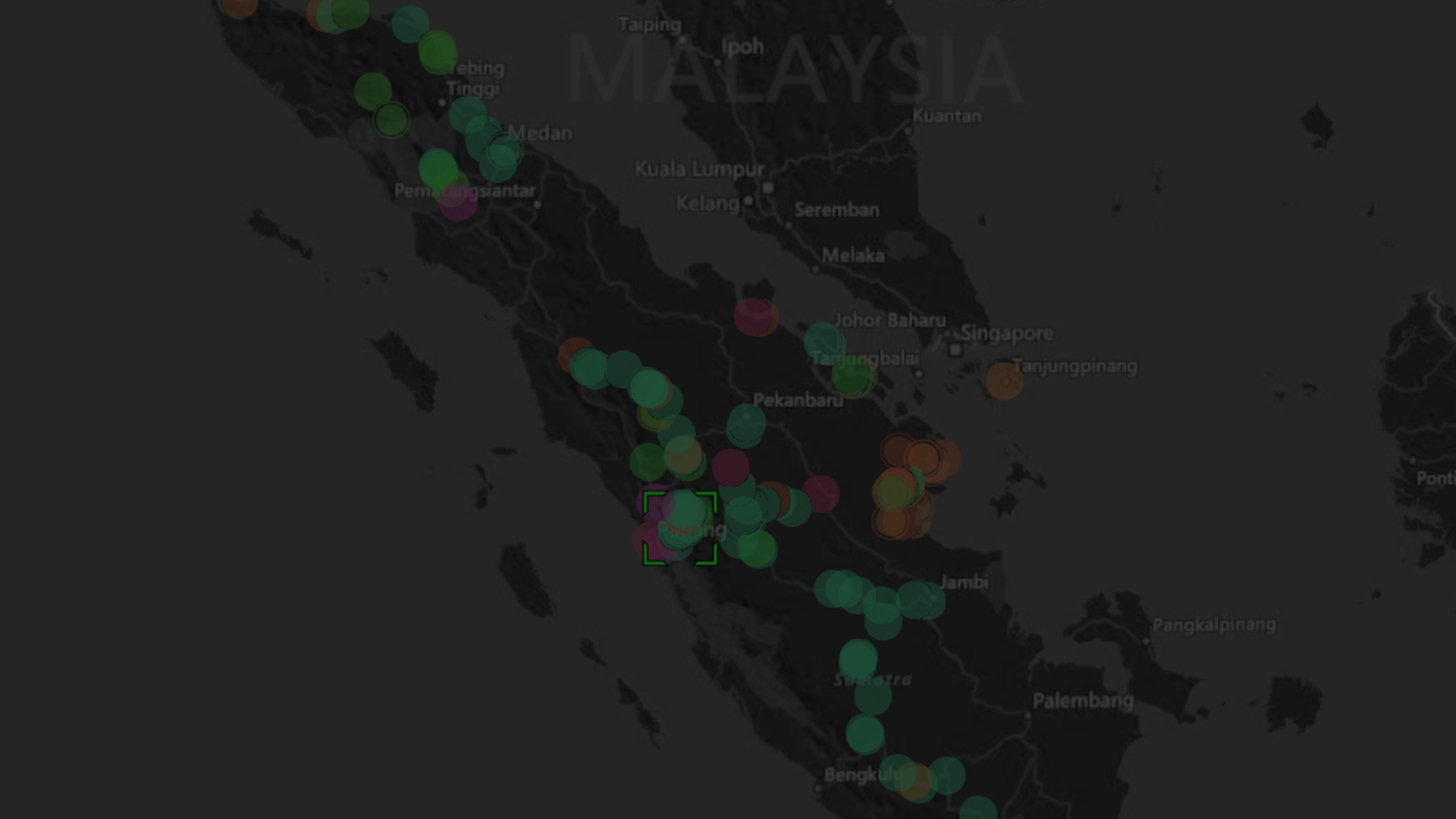This video introduces a project aimed at handing down handwritten field notes (memos written by researchers during fieldwork) to the next generation of researchers, and at the same time, sharing them with a wider audience.
”What kind of place is this?”, ”How do the people here live?”, ”How does their society function?” …
Overseas area studies, which begins with these questions, start by closely observing conditions in the field.
Field notes record these observations.
Researchers create a wide variety of field notes as led by their interests so they can easily understand their own observations. As a result, field notes may contain almost illegible scribbling that others find hard to decipher. They are not written on the assumption that the public will view them.
However, those written records are factual objective records left by researchers through their eyes, in which they try as much as possible to exclude subjectivity. As such, they contain useful information for understanding the conditions of a place at a specific time. In order to enable anyone to access field notes, the Field Notes Database project created a field note database that displays the notes with linked maps.
While the publication of field notes is becoming increasingly popular, many of them remain handwritten. There are almost no databases like this project that make it easy to find information in field notes for the purpose of enabling future generations of researchers to use the notes.
Try out this database yourself!
The Field Note Archive as a part of the Field Notes Database project introduced in the video
http://fieldnote.archiving.jp/
YANAGISAWA, Masayuki(CSEAS)
Collaborators:
YAMADA, Taizo (Historiographical Institute The University of Tokyo)
TAKATA, Yurina (Graduate School of Systems Design Tokyo Metropolitan University)









